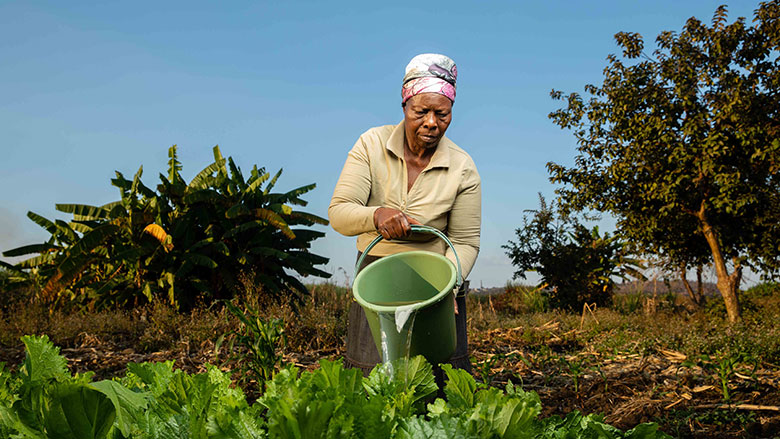
Zimbabwe has taken a step towards sustainable agri-food systems by recognizing the need to incorporate biodiversity into its agricultural practices. The government evaluated and developed integrated approaches to mainstream biodiversity into agriculture at a workshop attended by over 40 agriculture and environment experts. The meeting was held to strengthen the National Agriculture Policy Framework and the National Biodiversity Forum to coordinate the implementation of climate-smart and ecosystem-based agricultural practices.
The Food and Agriculture Organization of the United Nations (FAO) supported the meeting through the European Union-funded ACP MEAs3 project. It aims to promote environmental sustainability in African, Caribbean, and Pacific countries by strengthening environmental governance, mainstreaming biodiversity into agricultural policies, and implementing multilateral environmental agreements.
The meeting acknowledged the interlinkages between agriculture and the environment sectors as they discussed the outcomes of Cop15. They also noted that 15 of the 23 targets of the newly adopted Kunming-Montreal global biodiversity framework are relevant to food and agriculture and requested an integrated approach to review, update, and align the National Biodiversity and action plan.
Stakeholders were presented with a preliminary inventory and status of agroecology implementation in Zimbabwe. FAO was tasked with coordinating and organizing training for the government and stakeholders on agroecology and the tool for agroecology performance evaluation.
The meeting also discussed a draft agroecology policy with high ambitions and targets for agriculture to achieve better production, better nutrition, better environment, and a better life – leaving no one behind.
Going forward, the meeting developed and adopted four pillar work streams and plans to strengthen: policy development, climate change, mitigation and adaptation in agriculture, pesticides reduction and pollinators protection, and the development of sustainable agriculture value chains.
FAO is committed to giving technical support, coordinating, and always bringing the agriculture and environment sectors to discuss and find common solutions to cross-cutting issues. Zimbabwe’s efforts to mainstream biodiversity into agriculture are critical in ensuring sustainable agri-food systems and will serve as an example for other countries to follow.


















